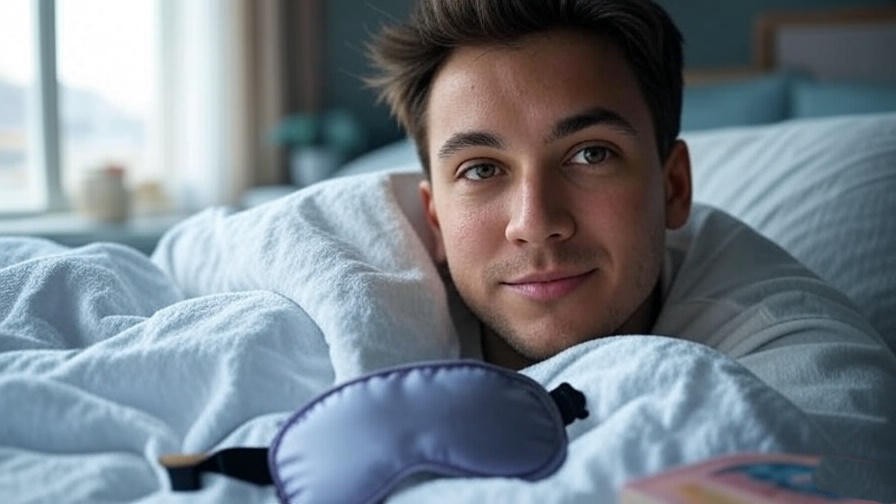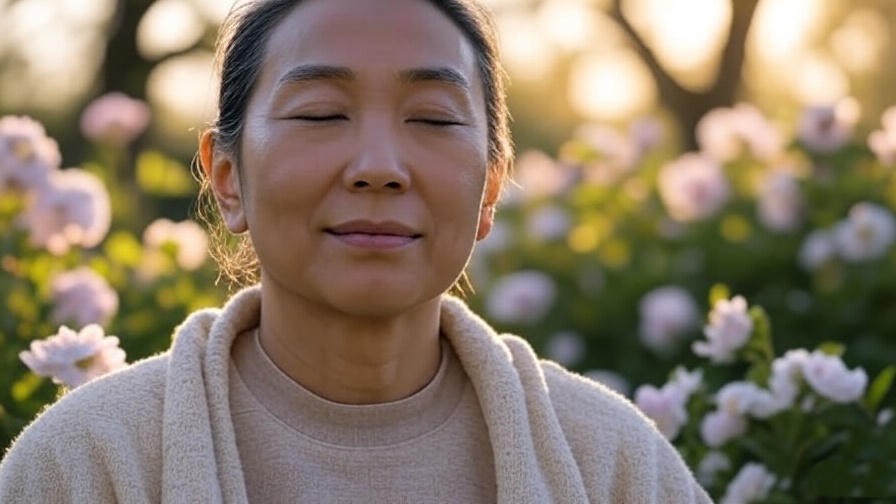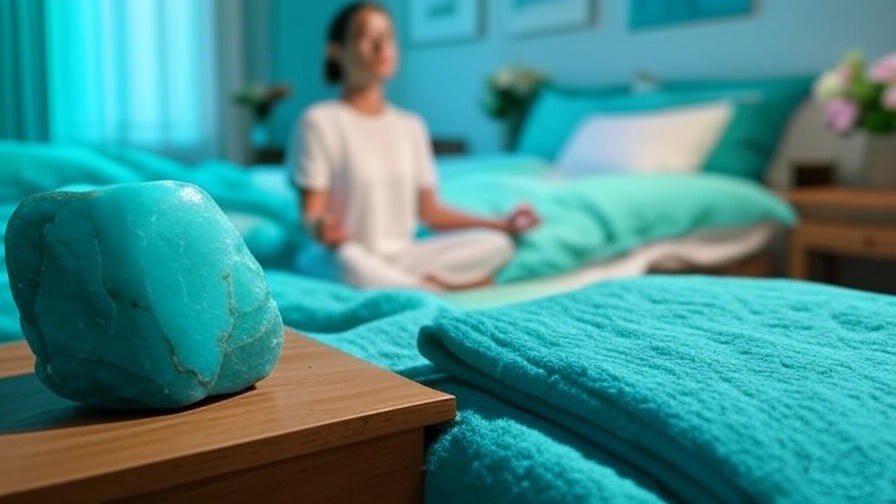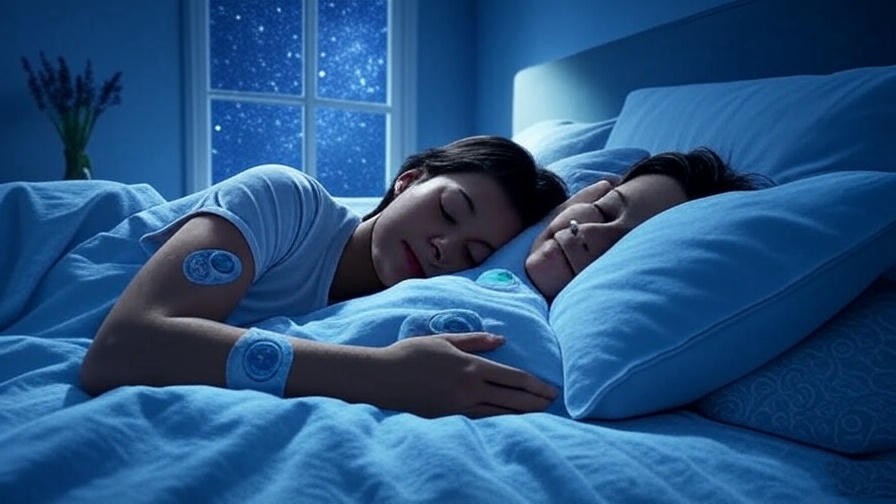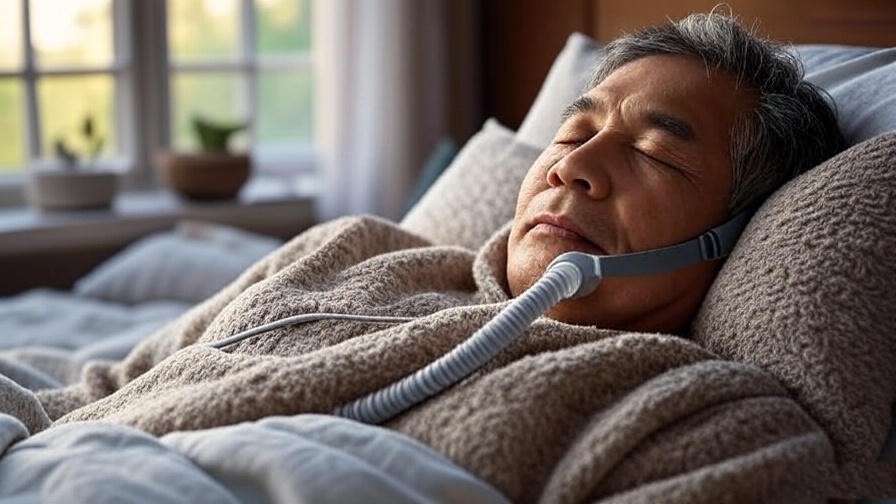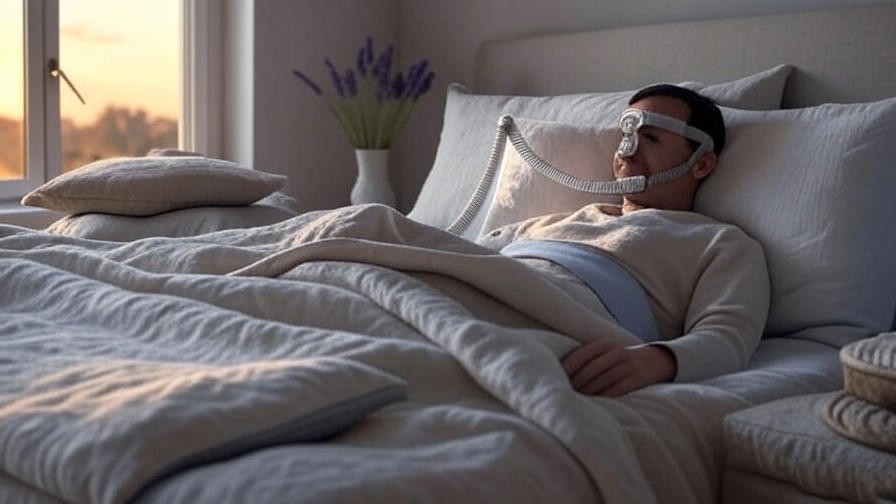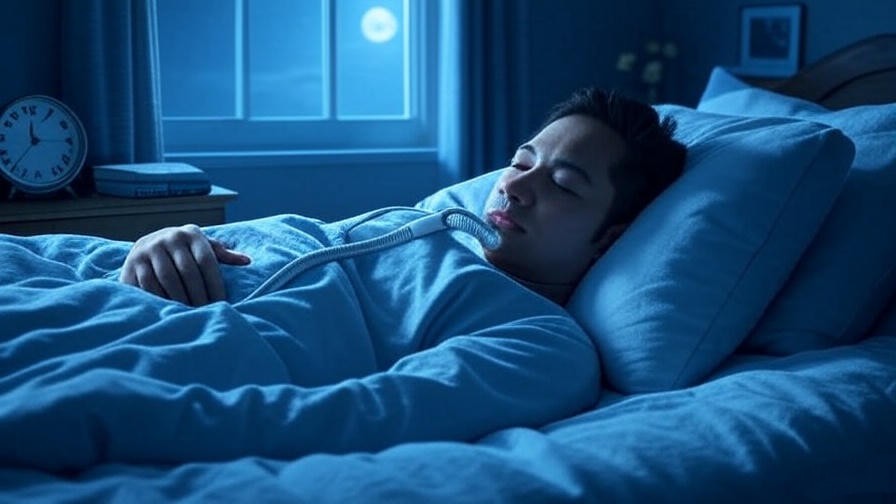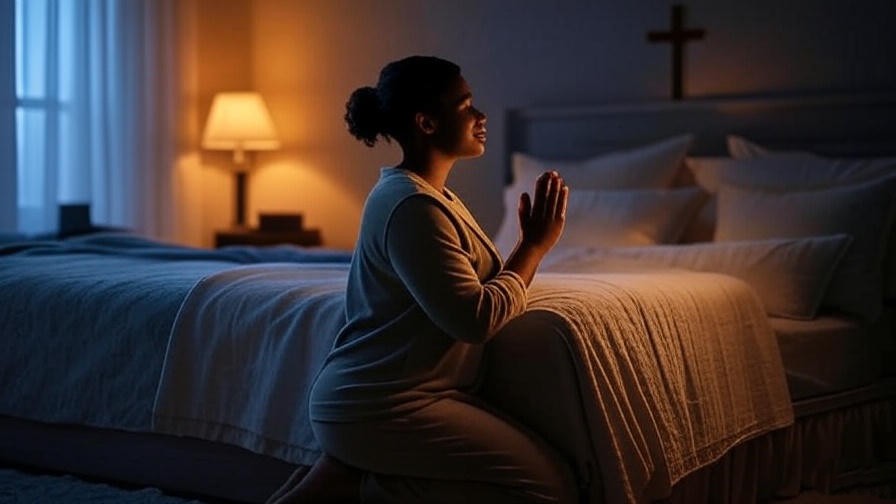Imagine lying awake at 2 a.m., staring at the ceiling, your mind racing while exhaustion weighs you down. You’re not alone—millions struggle with poor sleep, impacting their health, mood, and productivity. As Sleep Awareness Week begins in the spring with the release of new campaigns to promote better rest, it’s the perfect time to transform your sleep habits. This annual event, championed by the National Sleep Foundation, shines a spotlight on the science of sleep and its role in holistic well-being. In this article, we’ll share seven science-backed, life-changing sleep hacks to help you rest better, feel happier, and thrive. Backed by expert insights and research, these practical tips will empower you to make the most of Sleep Awareness Week and beyond.
Why Sleep Awareness Week Matters for Your Health
The Science of Sleep and Well-Being
Sleep isn’t just a break from your day—it’s a cornerstone of health. Quality sleep regulates hormones, boosts immunity, and sharpens cognitive function. According to the Centers for Disease Control and Prevention (CDC), adults who sleep less than seven hours per night are at higher risk for obesity, diabetes, and heart disease. Poor sleep also disrupts emotional balance, increasing stress and anxiety. By prioritizing rest, you’re investing in your physical and mental vitality, setting the stage for a happier, more productive life.
Sleep Awareness Week’s Role in Promoting Change
Sleep Awareness Week, held annually in spring, aligns with the release of new sleep health initiatives by organizations like the National Sleep Foundation. This event educates the public on the importance of rest and encourages actionable steps to improve sleep quality. Since its inception, it has inspired countless individuals to rethink their bedtime routines and embrace habits that foster better rest. By participating, you join a global movement to prioritize sleep as a pillar of well-being, making it the perfect time to implement transformative changes.
The 7 Life-Changing Sleep Hacks
Hack 1 – Create a Sleep-Optimized Bedroom Environment
Your bedroom sets the stage for restful sleep. A dark, cool, and quiet environment signals to your brain that it’s time to wind down. Research from the National Sleep Foundation suggests maintaining a bedroom temperature between 60-67°F for optimal sleep. Blackout curtains block disruptive light, while a high-quality mattress and pillows support physical comfort.
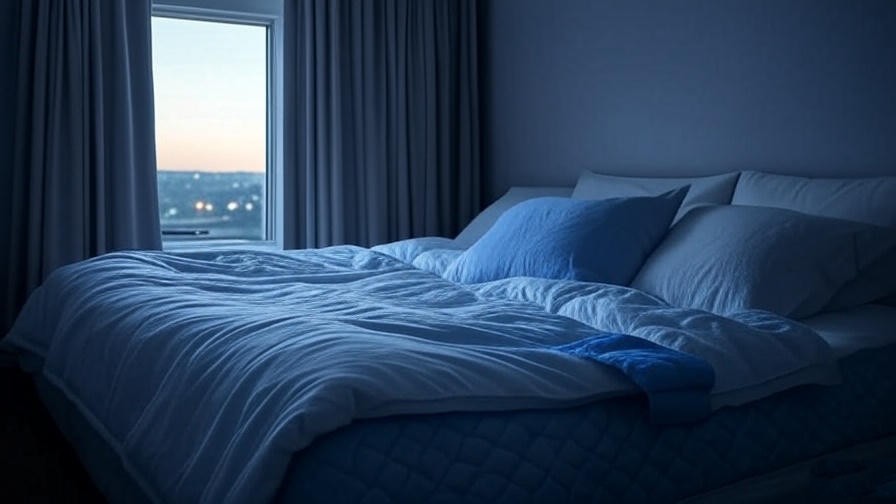
Practical Tips:
- Invest in blackout curtains or a sleep mask to eliminate light.
- Use a white noise machine to drown out external sounds.
- Choose breathable bedding, like cotton or linen, to stay cool.
Expert Insight: Dr. Michael Breus, a clinical psychologist and sleep specialist, emphasizes, “Your bedroom should be a sanctuary for sleep—minimize distractions and prioritize comfort to enhance rest.”
Hack 2 – Establish a Consistent Sleep Schedule
Your body thrives on routine. A consistent sleep schedule aligns your circadian rhythm, the internal clock that regulates sleep and wakefulness. Irregular bedtimes disrupt this rhythm, leading to poor sleep quality. A 2021 study in Sleep Medicine Reviews found that consistent sleep schedules improve sleep efficiency by up to 20%.
Step-by-Step Guide:
- Choose a bedtime and wake-up time that allows for 7-9 hours of sleep.
- Stick to this schedule daily, even on weekends.
- Set reminders to start winding down 30 minutes before bed.
Example: For a busy professional, aim for a 10:30 p.m. bedtime and 6:30 a.m. wake-up, adjusting based on your needs.
Hack 3 – Master the Art of Pre-Sleep Relaxation
Stress and overstimulation keep your brain wired, making it hard to fall asleep. Pre-sleep relaxation techniques calm your mind and body, easing the transition to rest. Practices like meditation and progressive muscle relaxation reduce cortisol levels, promoting deeper sleep.
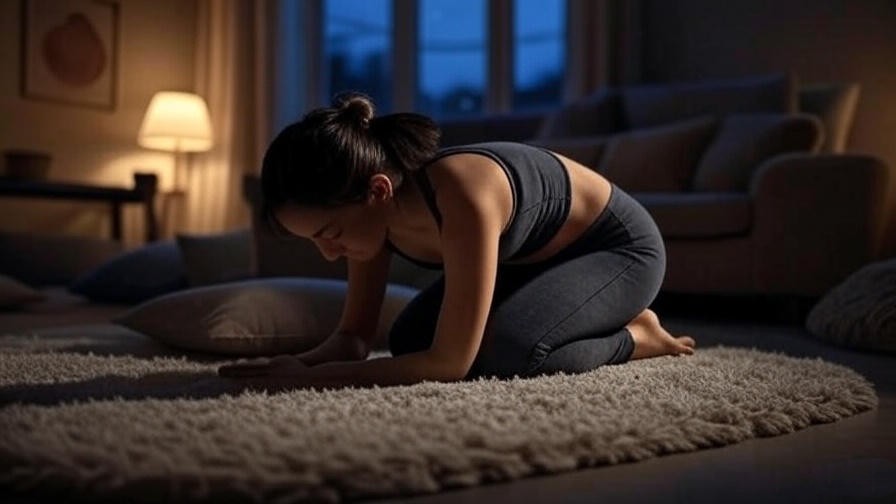
Techniques:
- Try a 10-minute guided meditation using apps like Calm or Headspace.
- Practice progressive muscle relaxation: Tense and release each muscle group, starting from your toes.
- Write in a journal to offload worries before bed.
Tool Recommendation: Apps like Insight Timer offer free guided meditations tailored for sleep, helping you unwind effectively.
Hack 4 – Limit Screen Time Before Bed
Blue light from phones, tablets, and laptops suppresses melatonin, the hormone that signals sleep. A 2019 study in Journal of Applied Physiology found that two hours of evening screen exposure delayed sleep onset by 30 minutes. Reducing screen time is a simple yet powerful way to improve sleep quality.
Practical Tips:
- Set a “no screens” rule 1-2 hours before bed.
- Use blue light filters or glasses if screen use is unavoidable.
- Replace screen time with relaxing activities like reading a physical book.
Data Point: Participants in a Harvard study who avoided screens before bed fell asleep 20% faster than those who didn’t.
Hack 5 – Optimize Your Diet for Better Sleep
What you eat affects how you sleep. Certain foods promote rest, while others disrupt it. Cherries, almonds, and kiwi are rich in melatonin and magnesium, supporting better sleep. Conversely, caffeine and heavy meals close to bedtime can keep you awake.

Diet Tips:
- Snack on sleep-friendly foods like a handful of almonds or a kiwi 1-2 hours before bed.
- Avoid caffeine after 2 p.m. and heavy meals within 3 hours of bedtime.
- Stay hydrated, but limit liquids close to bed to avoid nighttime disruptions.
Example Recipe: Sleep-Boosting Smoothie – Blend 1 kiwi, ½ cup cherries, 1 tablespoon almond butter, and almond milk for a bedtime snack.
Hack 6 – Incorporate Movement into Your Day
Regular physical activity enhances sleep quality by reducing stress and regulating your circadian rhythm. A 2020 study in Journal of Sleep Research found that moderate aerobic exercise improved sleep duration by 45 minutes. However, timing matters—exercising too close to bedtime can energize you instead.
Best Practices:
- Aim for 30 minutes of moderate exercise (e.g., walking, cycling) in the morning or early afternoon.
- Incorporate evening yoga or stretching to relax your body.
- Avoid high-intensity workouts within 3 hours of bedtime.
Yoga Sequence: Try a 10-minute evening routine with poses like Child’s Pose, Cat-Cow, and Legs-Up-the-Wall to promote relaxation.
Hack 7 – Use Sleep Tracking for Personalized Insights
Sleep trackers provide data on your sleep patterns, helping you identify areas for improvement. Devices like Fitbit, Oura Ring, or Apple Watch measure sleep stages, duration, and disturbances. A 2022 study in Sleep Health found that users who tracked sleep improved their habits by 15% within a month.

How to Use:
- Choose a tracker that fits your budget and needs.
- Review data weekly to spot trends (e.g., frequent wake-ups or insufficient deep sleep).
- Adjust habits based on insights, like tweaking bedtime or reducing evening caffeine.
Expert Insight: Dr. Rebecca Robbins, a sleep researcher at Harvard, notes, “Tracking sleep empowers individuals to make data-driven changes, turning awareness into action.”
How to Implement These Hacks During Sleep Awareness Week
Creating a Personalized Sleep Plan
Transforming your sleep starts with a plan. Combine the seven hacks into a daily routine tailored to your lifestyle. Here’s a sample 7-day Sleep Awareness Week challenge:
- Day 1: Set up a sleep-optimized bedroom (Hack 1).
- Day 2: Commit to a consistent bedtime and wake-up (Hack 2).
- Day 3: Practice a pre-sleep relaxation technique (Hack 3).
- Day 4: Eliminate screens 1 hour before bed (Hack 4).
- Day 5: Try a sleep-friendly snack (Hack 5).
- Day 6: Add a morning walk or evening yoga (Hack 6).
- Day 7: Track your sleep and review data (Hack 7).
Overcoming Common Obstacles
Busy schedules, stress, or irregular habits can derail your efforts. To stay on track:
- Time Management: Schedule your bedtime like a meeting to prioritize it.
- Stress Reduction: Use mindfulness apps or breathing exercises to calm your mind.
- Accountability: Share your goals with a friend or join an online Sleep Awareness Week community.
Engaging with Sleep Awareness Week Campaigns
Get involved by following the National Sleep Foundation on social media for tips and events. Participate in local sleep health workshops or virtual webinars. Sharing your progress on platforms like X with hashtags like #SleepAwarenessWeek can inspire others and keep you motivated.
The Bigger Picture: Sleep as a Pillar of Holistic Well-Being
Sleep’s Connection to Meditation and Mindfulness
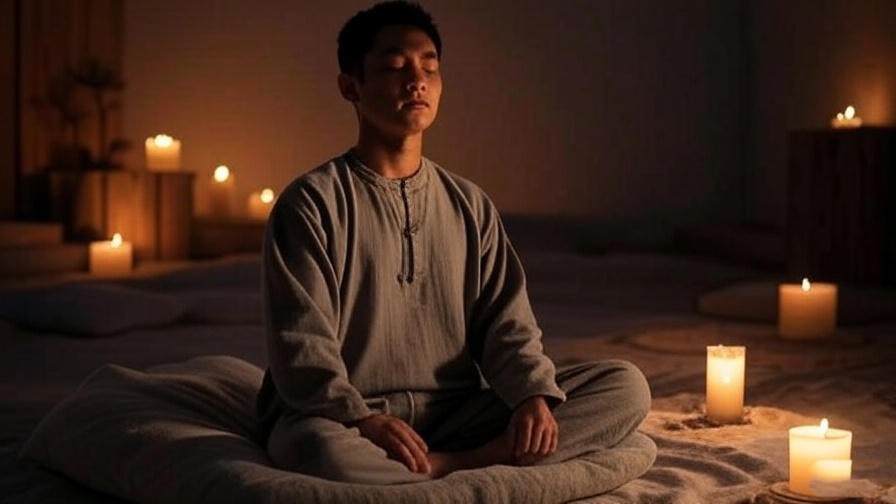
Mindfulness enhances sleep by reducing racing thoughts and stress. A 2018 study in Behavioral Sleep Medicine found that mindfulness meditation improved sleep quality by 25% in participants with insomnia. Incorporate a 5-minute mindfulness exercise before bed: focus on your breath, noticing each inhale and exhale, to calm your mind.
Example Exercise: Sit comfortably, close your eyes, and breathe deeply for 5 minutes, letting thoughts pass without judgment.
Dreams and Emotional Health
Sleep, particularly REM sleep, helps process emotions and boost creativity. A 2021 study in Nature Reviews Neuroscience found that REM sleep strengthens emotional regulation, reducing anxiety and improving mood. Vivid dreams during this stage can also spark creative insights, making sleep a key player in emotional well-being.
Sleep’s Impact on Happiness
Better sleep leads to greater life satisfaction. A 2020 study in The Lancet linked consistent 7-8 hour sleep to a 30% reduction in depressive symptoms. Improved rest enhances focus, energy, and positivity, creating a ripple effect on your daily life.
Case Study: Sarah, a 35-year-old teacher, struggled with fatigue and irritability due to poor sleep. After implementing a consistent schedule and pre-sleep relaxation (Hacks 2 and 3), she reported feeling “energized and happier” within two weeks.
Frequently Asked Questions (FAQs)
What is Sleep Awareness Week, and why is it held in spring?
Sleep Awareness Week, organized by the National Sleep Foundation, promotes sleep health through education and campaigns. Held in spring to align with Daylight Saving Time, it encourages people to prioritize rest.
How long does it take to see results from these sleep hacks?
Most people notice improvements within 1-2 weeks, as habits like consistent schedules and relaxation techniques take time to rewire your body’s sleep patterns, per a 2022 study in Sleep Health.
Can these hacks help with insomnia?
These hacks can improve sleep quality for many, but chronic insomnia may require professional help. Consult a doctor or sleep specialist for personalized advice, while using these tips as a starting point.
Are sleep trackers worth the investment?
Sleep trackers provide valuable insights for optimizing habits. While budget-friendly options like smartphone apps work, devices like Oura Ring offer detailed data. User reviews praise trackers for increasing sleep awareness.
Conclusion
Sleep Awareness Week begins in the spring with the release of powerful campaigns to transform how we view rest. By adopting these seven life-changing sleep hacks—optimizing your bedroom, sticking to a schedule, relaxing before bed, limiting screens, eating smart, staying active, and tracking sleep—you can unlock better health, happiness, and productivity. Start with one hack today, join the Sleep Awareness Week movement, and share your progress. Explore our related articles on meditation, dreams, and holistic well-being to continue your journey to a rested, vibrant life.

